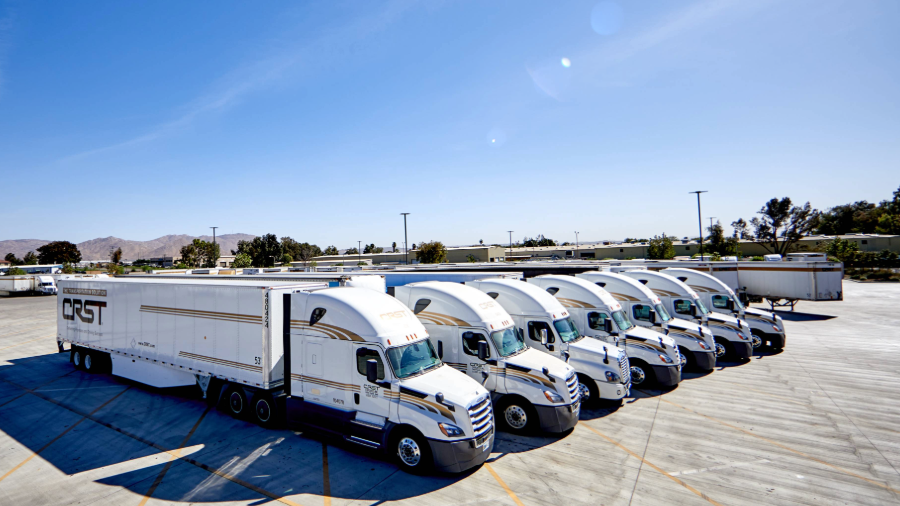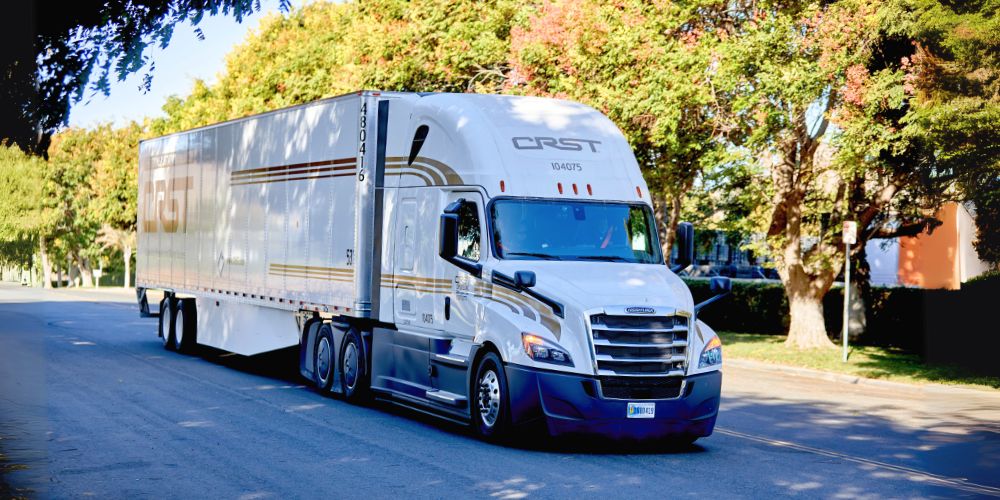Artificial Intelligence is helping to evolve the trucking industry and truck driving life — with improvements in fuel efficiency, safety and so much more. Here’s a quick look at how AI affects trucking and what’s ahead for AI and the trucking industry.
Automated load matching makes it easier to assign the right driver for the job—helping you assign the role of delivering a cargo load to a driver that’s well rested and ready. AI systems can analyze patterns and accurately predict outcomes regarding drivers and loads, which in turn, can improve your load matching process.
Another area that can see improvement is route optimization. Thanks to AI technology, you can discover a faster route, saving you time and money—ultimately improving your bottom line. Timely delivery will also result in greater customer satisfaction and a solid reputation.
Accident prevention and safety will also make great strides with how AI affects trucking. AI uses Big Data to analyze traffic and inclement weather to redirect your drivers to another route—helping to avoid accidents and delays. Better fuel consumption—one of the largest expenses in the trucking industry—can also be aided by AI. The system can scan the vehicle to determine if it has any issue affecting its consumption, such as late repair or worn-out parts. Faster routes can also improve fuel consumption.
AI technologies can also provide the driver with an early alert that there may be a problem in the future, allowing them to safely stop their vehicle or otherwise avoid an accident. Sensors or cameras in the cabin can detect unsafe driver behavior, such as using their cell phone while driving, speeding or making unsafe lane changes. A dashcam, for instance, can record a driver and provide a safety profile that will be available to the trucking company. It was found that used AI-powered dashcams and AI-based coaching saw:
- 69% fewer unsafe driving behaviors
- 40% fewer FMCSA-reported unsafe driving violations
- 67% fewer harsh driving events
- 31% fewer speeding events
While an Electronic Logging Device (ELD) has been mandatory since 2017, requiring trucking companies to monitor driving hours, it can be partnered with a GPS that delivers actionable data and reports to help manage the fleet. OneStepGPS, for instance, a leading provider of GPS solutions, offers a DOT-compliant ELD system as an addition to its standard GPS tracking. The system communicates with a truck’s engine control systems to collect VIN, engine status, RPMs, speed, engine hours, as well as provide accurate, near real-time GPS location information to a logging device or app that DOT officials can check when needed.
Clearly, AI is here to stay for the trucking industry. As a leading private transportation solution, CRST looks forward to what AI can bring to its drivers and organization today—and in the future.





